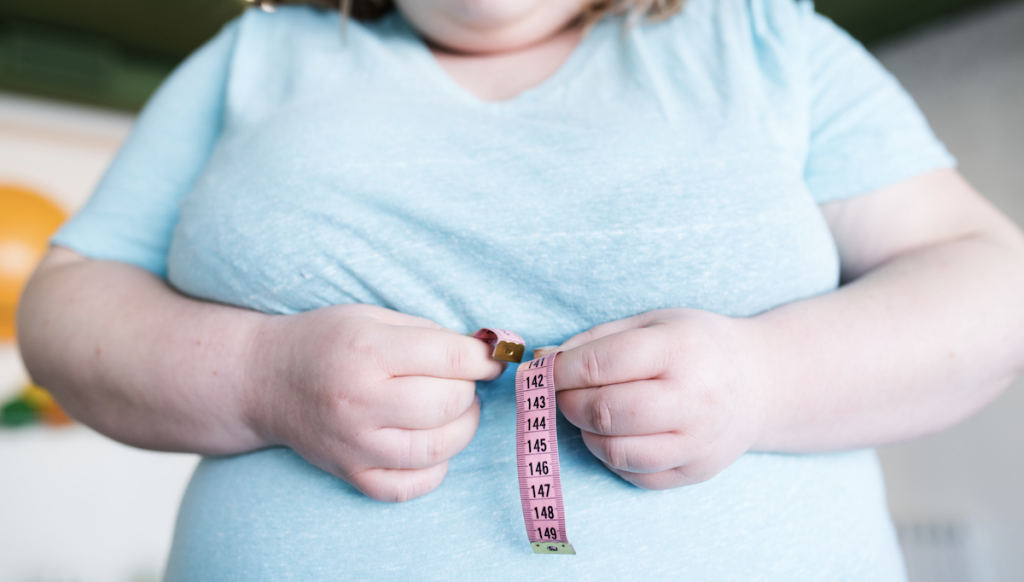The Biggest Loser sheds light on why it is so difficult to lose weight with diet and exercise. Let’s review.
From The Study
The average weight of the 14 subjects at the start of the Biggest Loser was 328 pounds. At the end of the show, the average weight was 200 pounds. Six years later, the average weight was 290 pounds. The subjects had regained nearly all of the weight back, not especially surprising given the data we know about the lack of success of diet and exercise programs. What was surprising were the measurements of metabolic rate and metabolic hormones.
Before the study the average in metabolic rate among the 14 contestants was 2,607 calories burned at rest per day. At the conclusion of the Biggest Loser program, the metabolic rate had dropped on average down to about 2000 calories per day. Six years later, the average metabolic rate among the 14 contestants fell further to a surprisingly low 1900 calories per day despite all the weight regain. When the metabolic rate falls, the body burns less calories, making it far more likely that the person will gain weight. The metabolic regulatory hormone leptin fell dramatically during the competition but remained far below its baseline level even six years later, serving to reduce satiety and promote excessive hunger.
What this tells us is that the body’s protective mechanisms of energy stores and fat mass remain very powerful even years after dieting. A combination of the hormonal, neuronal, and other metabolic defenses serve to restore the body weight back up to its previous levels, (what many of us in the field referred to as the bodyweight “set point”) even though we know those levels to be very unhealthy. In contrast, extensive studies on metabolic rate after bariatric surgery show that it remains in the expected range, dropping only commensurate with the reduced overall body weight and lean body mass, after sleeve gastrectomy or gastric bypass. In fact, the one patient from the Biggest Loser who did later undergo weight-loss surgery, Rudy Pauls, exhibited an increase in his metabolic rate while losing substantial weight after surgery.
The Takeaway
As discouraging as the NIH data is about the effectiveness of very intense dieting and exercise, it does provide insight, and helps researchers target strategies that may one day block the physiologic responses that dial down metabolism and dial up hunger so profoundly when obese individuals try to diet. And for the present time, these data reinforce the fact that the best option for obese individuals today is sleeve gastrectomy, with its outstanding safety record and long-term success rate, paired with a long-term exercise program. Studies indicate that, in contrast to these Biggest Loser contestants, around 75% of sleeve patients maintain their weight loss after 10 years.




